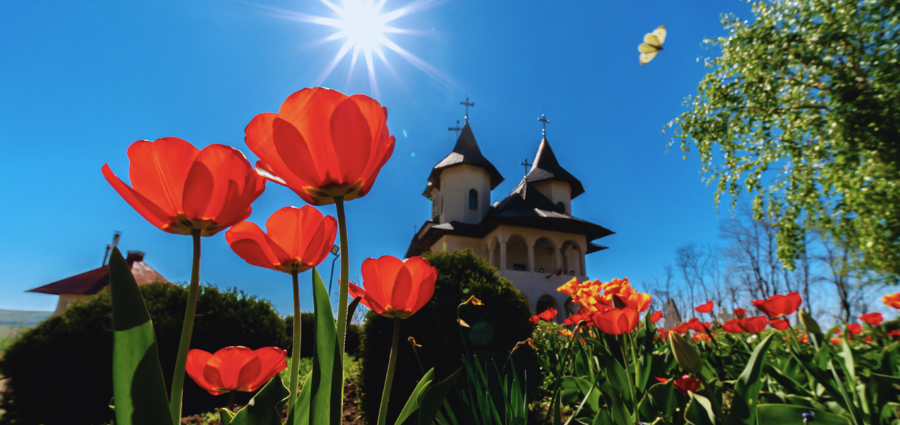
Strengthening family unity | Holy lives of inspiration
Picture this: A neglected backyard garden. Weeds choke the flowerbeds, tomato plants sag under their own neglect, and the once-vibrant roses are now a tangle of thorns. We’ve all been that gardener—distracted, busy, or just plain forgetful. But then, one day, we step outside, clippers in hand, and think: “What if I tried to revive this?” The prophet Hosea paints a similar scene for Israel.
Their spiritual garden is overgrown with idolatry and pride, yet God whispers, “Return to me. Let me heal you. I will be like the dew, and you will bloom like the lily” (Hosea 14:2-5). Lent is that moment we pick up the clippers and say, “Let’s try again.”
Hosea’s words aren’t a guilt trip—they’re a love letter. God isn’t scolding Israel for dead plants; He’s offering to till the soil of their hearts. “Take words with you and return to the Lord,” Hosea urges (14:2). It’s as if God says, “Bring me your wilted prayers, your half-hearted hopes. I’ll work with that.” This is repentance as relationship repair, not a divine transaction. Like a gardener who knows every plant’s potential, God sees what we could be, even when we’re buried under weeds.
Then there’s the man in Mark’s Gospel who asks Jesus, “Which commandment is the most important” (Mark 12:28)? Jesus’ answer—“Love God, love neighbor”—is less a rule and more a recipe for life. But here’s the twist: You can’t truly love your neighbor if you’re spiritually parched. Hosea’s call to return to God isn’t just about personal renewal; it’s about refilling your well so you have something to pour into others.
Hosea’s imagery of dew and blossoming lilies (14:5-7) is God’s promise of gentle, persistent grace. Dew doesn’t roar like a storm; it quietly nourishes. I once met a man who, after years of bitterness toward his estranged brother, sent a simple text: “Coffee sometime?” There is no grand apology, just an open door. That’s dew-like love—small, steady, life-giving.
Jesus’ command to love God “with all your heart, soul, mind, and strength” (Mark 12:30) is an invitation to holistic growth. Notice He doesn’t say, “with all your perfection.” God isn’t asking for flawless obedience; He’s asking for roots. Like the lilies Hosea describes, our lives are meant to sink deep into God’s love so we can stretch outward, offering shade and beauty to others.
This Lent, consider two questions:
Hosea ends with a line we often overlook: “The ways of the Lord are right” (14:9). Not easy. Not predictable. But right. Loving God and neighbor won’t always feel natural—especially when the neighbor is the one who lets their dog dig up your petunias. But Lent reminds us: Every act of love, no matter how small, is a seed planted in faith. So grab your clippers, friends. The Gardener is waiting, the soil is ready, and even the most neglected plot can bloom.
Father Boby John, C.S.C., ordained a priest in the Congregation of Holy Cross in 2008, worked as a pastor and an educator with tribal populations in Northeast India for thirteen years. Originally from Kerala, India, Father Boby grew up with his parents and three siblings. He is a dedicated and detailed educationist with a Master's degree in Educational Management and is pursuing a PhD in Educational Leadership. He is currently working as the Co-Director of Family Rosary, USA, and as the chaplain at the world headquarters of Holy Cross Family Ministries, North Easton, Massachusetts.
